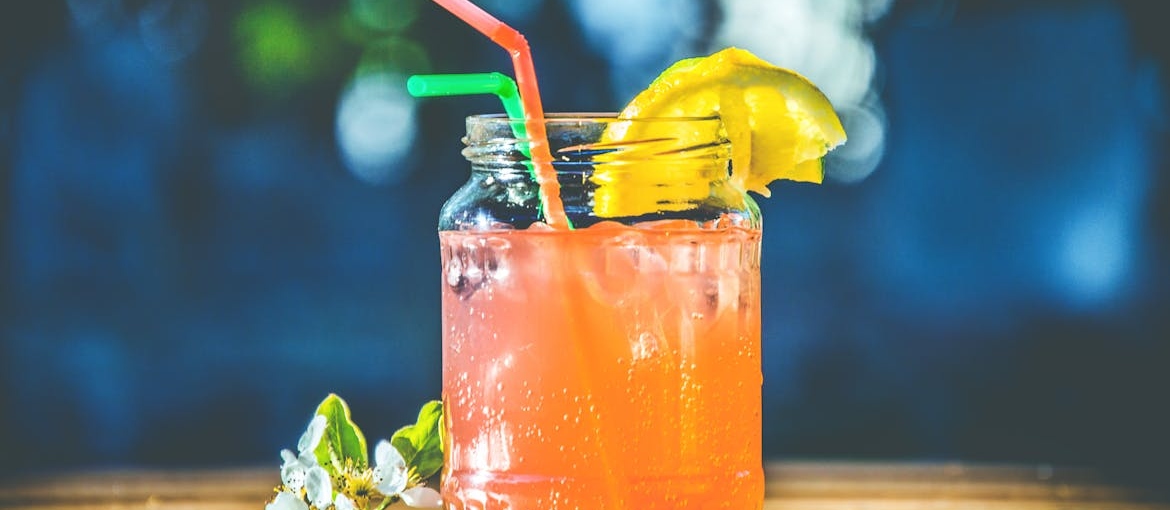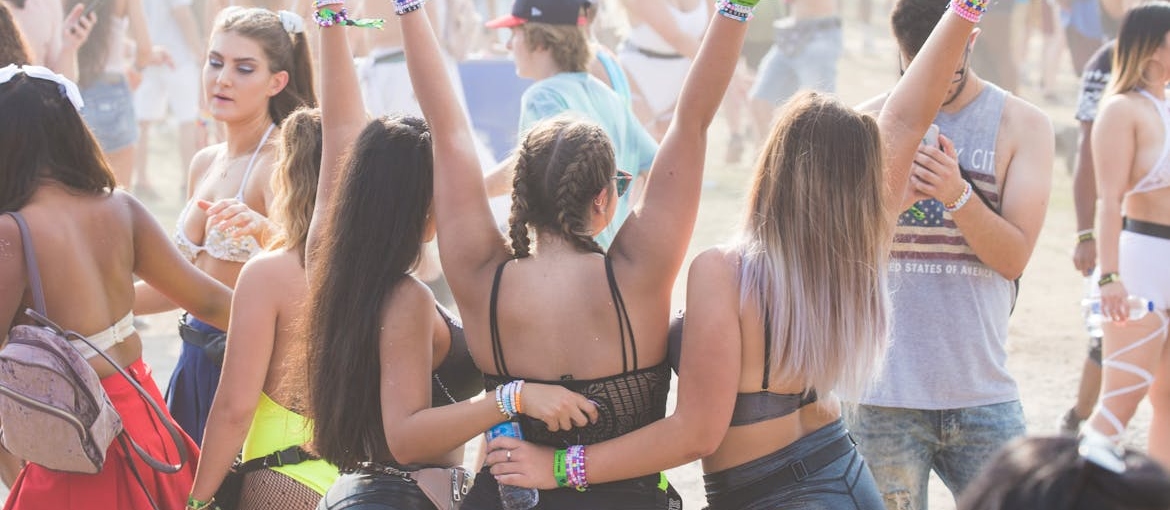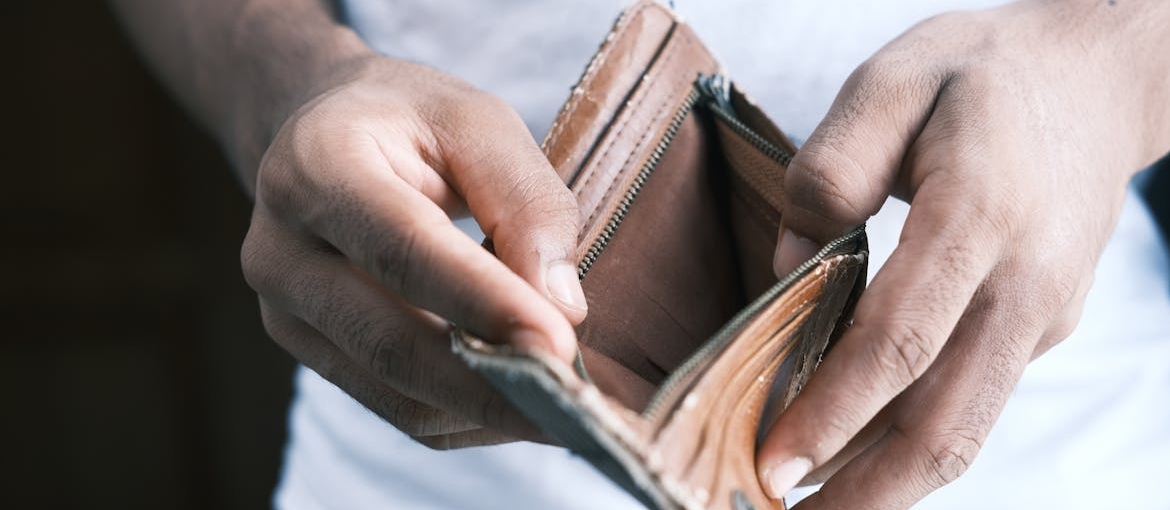Going out with friends shouldn’t mean you have to drink alcohol. More people are choosing non-alcoholic beverages in social settings, and it’s changing the way we connect. Whether you’re cutting back, quitting completely, or just exploring new options, there are more choices than ever. Bars, restaurants, and even events now offer alcohol-free options that taste just as good as traditional drinks. This shift isn’t just about preference—it’s about health, wellness, and creating spaces where everyone feels comfortable. For some, quitting alcohol is easy. For others, it takes support. A West Virginia treatment center can help if alcohol has become a struggle. No one should feel alone in this. There are options, and finding the right one can make all the difference. Let’s explore how social drinking is evolving.
Why Non-Alcoholic Beverages Are More Popular Than Ever
More people are skipping alcohol without skipping social events. Non-alcoholic beverages in social settings are more common, and the reasons are clear. If you’ve ever wondered is it socially acceptable to not drink alcohol, the answer is yes. Drinking is no longer expected, and many are choosing alternatives that fit their lifestyle.
- Health matters – Cutting back on alcohol helps with sleep, energy, and overall well-being.
- More options – Restaurants and bars now offer alcohol-free cocktails, beers, and wines.
- Less pressure – People are more open to sober choices, making it easier to say no.
- Better mental clarity – Socializing without alcohol can improve confidence and communication.
- Support for sobriety – Many seek help for alcohol use, making handling social situations while
- staying sober easier.
- A growing movement – More people want fun without the side effects of drinking.

Types of Non-Alcoholic Beverages in Social Settings
Going out doesn’t have to mean drinking alcohol. More people are choosing non-alcoholic beverages in social settings, and the options keep growing. Whether you want to enjoy a sober night out in West Virginia or just cut back, there are great alternatives. Alcohol-free drinks are now more flavorful and widely available. You don’t have to settle for water or soda anymore. From alcohol-free beers to wellness drinks, here’s what’s shaping the future of social drinking.
Alcohol-Free Spirits, Wines, and Beers
Alcohol-free versions of popular drinks are becoming mainstream. These options look, smell, and taste like traditional drinks but without the alcohol. Many brands have improved their recipes, making them more enjoyable for people who don’t want to drink but still want a familiar experience. Beer is one of the most common alcohol-free options. Major brands and craft breweries now offer non-alcoholic versions that taste close to regular beer. These drinks still have the complexity of hops and malt but without the effects of alcohol.
Wines have also improved. Winemakers remove alcohol while keeping the flavors intact. Whether it’s a dry red, a crisp white, or a sparkling option, alcohol-free wine offers a sophisticated experience without the buzz. Non-alcoholic spirits are changing the cocktail scene. Brands create alcohol-free gin, whiskey, and rum that can be mixed into drinks without losing depth or complexity. These allow bartenders to make creative alcohol-free cocktails that taste just as good as the real thing.
Mocktails and Creative Mixology
Mocktails are more than just juice and soda. With better ingredients and techniques, bartenders create complex, refreshing drinks that stand out. These alcohol-free cocktails combine fresh herbs, fruit, and high-quality mixers to create unique flavors.
Many bars and restaurants now include dedicated mocktail menus. This makes it easier to enjoy a sober night out in West Virginia without feeling left out. You can still order something special that looks and tastes great. Some mocktails mimic classic cocktails like mojitos, margaritas, and old fashioneds, while others introduce entirely new flavors. Home mixology is also growing. People are learning how to make their own alcohol-free drinks using ingredients like bitters, botanical extracts, and flavored syrups.

Functional and Wellness Drinks
Some people skip alcohol for health reasons, and the drink industry has noticed. Functional and wellness drinks offer benefits beyond hydration. They often include ingredients that support relaxation, energy, or overall well-being.
Adaptogenic drinks use herbs and mushrooms to help the body manage stress. These include ingredients like ashwagandha, reishi, and rhodiola, which promote relaxation without alcohol. CBD-infused drinks are another growing trend. They offer calming effects without intoxication, making them a popular choice in non-alcoholic beverages in social settings. These drinks help with stress, anxiety, and sleep without altering mental clarity.
Kombucha is another option. It’s a fermented tea that contains probiotics, which support gut health. Many brands now offer low-sugar or alcohol-free versions, making it a refreshing alternative. These wellness drinks are becoming more available in bars, restaurants, and stores. They show that social drinking isn’t just about alcohol—it’s about enjoying a drink that makes you feel good, inside and out.
Seeking Professional Help for Alcohol-Free Living
Quitting alcohol isn’t always easy, and some people need extra support. Getting help doesn’t mean failure—it means taking control. Finding the right resources can make a big difference. Whether it’s therapy, support groups, or lifestyle changes, there are options. An alcohol rehab center Morgantown WV has can provide guidance, treatment, and community support. We’ll talk about when to seek help, what services are available, and how to choose the right path for you.

When to Consider Professional Guidance
Deciding to cut back or quit drinking can be difficult. Some people manage on their own, but others need extra support. If you don’t know how to enjoy social events without alcohol, it might be time to get help. Professional guidance at reputable alcohol rehab centers in WV can make the process easier and give you the tools to stay on track.
- Drinking feels out of control – If stopping or limiting alcohol feels impossible, help is available.
- Social events feel stressful – Avoiding gatherings because of alcohol pressure is a sign that support might be needed.
- Health is suffering – Alcohol can affect sleep, mental health, and energy levels.
- Trying to quit hasn’t worked – Repeated attempts without success may mean professional help is the best option.
Support Groups and Counseling Services
Finding the right support can make a huge difference when quitting or cutting back on alcohol. Support groups and counseling services offer a safe space to talk, learn, and stay on track. You don’t have to do it alone. Connecting with others who understand can help build confidence and make social events easier.
Counseling provides personalized guidance to work through cravings, stress, and challenges. Therapists help you develop coping strategies that fit your lifestyle. Support groups, like AA or SMART Recovery, offer encouragement from people who have been through the same struggles. Many programs are affordable, and some insurance plans help cover costs. Humana rehab coverage may include therapy, group sessions, or outpatient treatment. If alcohol is affecting your life, reaching out for help can be the first step toward real change.

How Nutritionists and Wellness Coaches Can Help
Changing habits around alcohol isn’t just about quitting drinking. It’s also about building a healthier lifestyle. Many people don’t realize how much diet affects mood, energy, and cravings. A rehab center for young adults often includes nutrition and wellness support to help with recovery. If you’ve ever asked why do people drink in social settings, part of the answer is routine and emotional triggers. A nutritionist or wellness coach can help break those patterns and replace them with healthier choices.
- Balancing nutrition – Alcohol affects the body in many ways, and the right foods can help restore energy and improve mood.
- Managing cravings – Certain nutrients reduce cravings and make it easier to stay alcohol-free.
- Building new routines – A structured plan helps with social situations and everyday life.
- Personalized support – A wellness coach provides guidance tailored to your goals.
- Additional resources – Many wellness programs offer long-term support for maintaining a healthy lifestyle.
The Role of Non-Alcoholic Beverages in Social Experiences
Social events don’t have to revolve around alcohol. More people are choosing non-alcoholic drinks, and it’s making social experiences more inclusive. Whether at a bar, a party, or a work event, having alcohol-free options helps everyone feel comfortable.
Drinking is often tied to bonding, but connection doesn’t depend on alcohol. Non-alcoholic beverages give people a way to join in without feeling pressured to drink. Many bars now offer alcohol-free cocktails, allowing people to enjoy the experience without the side effects.
For those in recovery or cutting back, having options makes a big difference. It removes the awkwardness of constantly explaining why they aren’t drinking. It also helps shift the focus to conversation, music, and fun. Socializing should be about enjoying the moment, not feeling forced to drink to fit in.

The Health and Lifestyle Benefits of Sobriety
Choosing sobriety can improve both physical and mental health. Many people feel better, think clearer, and enjoy life more when they stop drinking. Socializing without alcohol also becomes easier over time. The benefits go beyond just avoiding hangovers.
- Better sleep – Alcohol disrupts sleep patterns, making it harder to feel rested. Sobriety helps improve deep sleep.
- More energy – Without alcohol, the body processes food and nutrients more efficiently, leading to increased energy.
- Stronger mental health – Anxiety and depression often improve when alcohol is removed.
- Healthier relationships – Being fully present in social settings leads to better connections.
- Clearer skin – Alcohol dehydrates the skin, so cutting it out often leads to a healthier appearance.
- More control – Living alcohol-free means fewer regrets and better decision-making.
Challenges and Misconceptions Regarding Non-Alcoholic Beverages in Social Settings
Not everyone understands non-alcoholic beverages in social settings. Some assume these drinks are boring or that choosing them means missing out. The truth is, socializing without alcohol is just as enjoyable, but some challenges still exist.
- Social pressure – Some people question, “How do non-drinkers have fun?”, assuming alcohol is needed to enjoy a night out.
- Limited options – While alcohol-free drinks are growing in popularity, some venues still don’t offer great alternatives.
- Misconceptions about sobriety – People may assume someone avoiding alcohol has a problem, even when it’s a personal choice.
- Cost concerns – Some alcohol-free drinks are as expensive as regular cocktails, making them less accessible.
- Seeking help – Choosing sobriety isn’t always easy. Rehab for professionals offers support for those struggling while balancing work and responsibilities.

The Future of Non-Alcoholic Beverages in Social Settings
More people are choosing non-alcoholic beverages in social settings, and this trend isn’t slowing down. Bars and restaurants are expanding their alcohol-free menus, making it easier to enjoy social events without feeling left out. The use of non-alcoholic beverages that mirror alcohol is also growing. Alcohol-free beers, wines, and spirits now taste better than ever, giving people the same experience without the effects of drinking. Whether someone is cutting back or quitting completely, they have more options.
Social norms are changing, and drinking alcohol is no longer expected. More people feel comfortable saying no without pressure. The future of social drinking is about choice, inclusivity, and better options for everyone. Alcohol-free spaces, sober bars, and wellness-focused events will continue to grow, making it easier to enjoy a night out without alcohol.
Finding What Works Best for You
Social events don’t have to revolve around alcohol. More places now offer non-alcoholic beverages in social settings, making it easier to enjoy a night out without pressure. Whether you’re making a small change or a big one, there are plenty of options. Choosing alcohol-free drinks can improve health, mental clarity, and social experiences. It also helps create spaces where everyone feels included. The shift toward non-alcoholic choices is growing, and more people are realizing they don’t need alcohol to have fun. If alcohol has been a challenge, support is available. You don’t have to go through it alone. Exploring new habits, talking to a professional, or joining a support group can help. Whatever path you take, what matters most is finding what works best for you.



